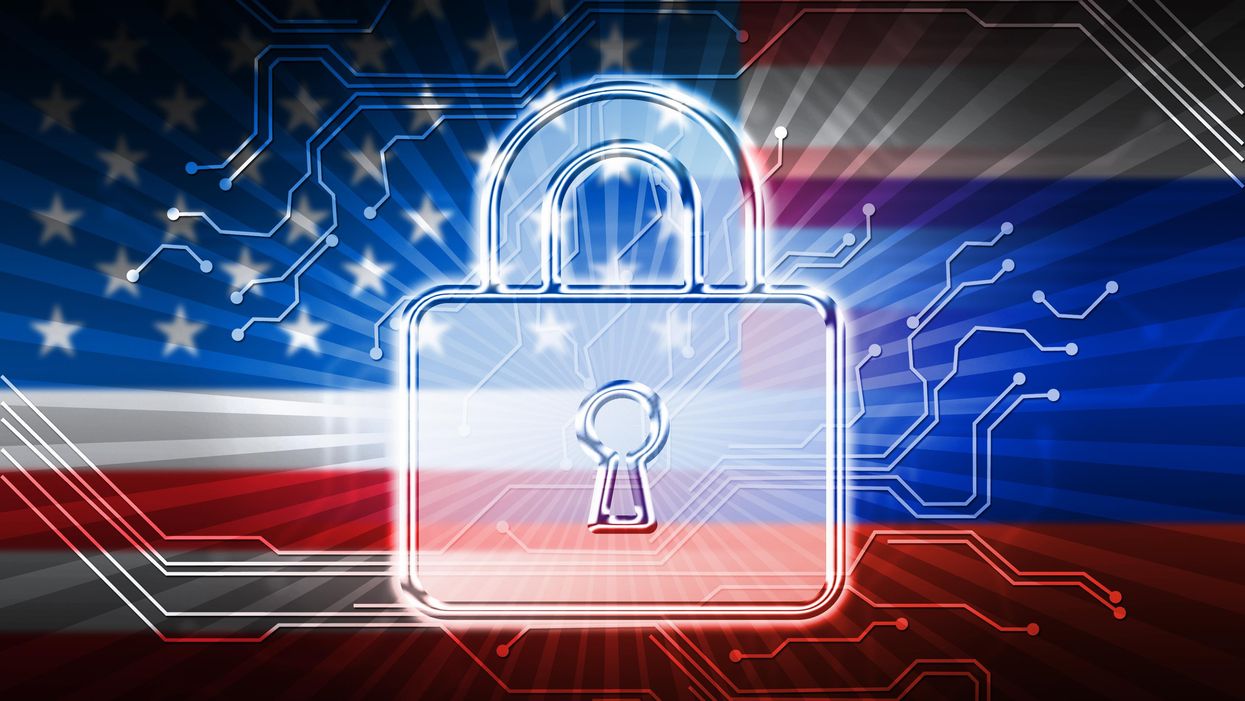Levine is an elections integrity fellow at the Alliance for Securing Democracy, which develops strategies to deter and defend against autocratic efforts to interfere in democratic institutions.
The National Security Agency and U.S. Cyber Command recently reestablished their election security team to help secure the 2022 midterm elections. In light of Independent Sen. Angus King’s push for Cybercom to produce unclassified reports connected with each biennial election, which comes on the heels of increased alarm about foreign election interference and diminishing faith in the integrity of U.S. elections, this is the last time the team should be reassembled. U.S. democracy would be more secure with a permanent, not periodic, presence in preventing and mitigating foreign interference attacks.
First, foreign interference is a strategy, not a tactic – and that means attacks are executed over a continuous time period, and are not episodic in nature. So must be our defenses. While discussion of nation-state influence operations may often focus on efforts to interfere with major U.S. elections, adversaries, such as Russia, have repeatedly demonstrated that they seek to undermine democracies and their institutions on an ongoing basis through any number of means, including disinformation, emerging technologies, malign finance and cyber-attacks.
If the NSA/Cybercom election security team is tracking malign actors’ activities on an ongoing basis, there would be no need for the team to stand up and down. It could also improve the team’s sharing of actionable intelligence regarding threats to U.S. elections. In 2020, when Iranian actors targeted election infrastructure and American voters in an attempt to undermine the election, intelligence was quickly analyzed, downgraded, and shared with American officials and the American public. A permanent NSA/Cyber Command election security team could help ensure that such a process is the rule, not the exception.
Second, the U.S. domestic information space following the 2020 presidential election is now consistently filled with content that malign actors can amplify to achieve their aims. Whether it’s taking advantage of the exposure of sensitive information about election equipment or voter data, or leveraging the unprecedented exodus of election officials to further undermine confidence in the elections process, there is plenty in the current state of affairs for our enemies to exploit. As Army Maj. Gen. William Hartman, who leads the national cyber mission responsible for defending against foreign threats, recently noted, “I expect that there will be a fair amount of domestically generated information that the Russians will freely amplify.”
Third, elections take place across America all the time when you factor in state and local elections, and our adversaries know that. While some of these smaller elections may not draw much voter interest, that does not mean malicious actors seeking to interfere in the voting process or influence voter perceptions are staying on the sidelines as well. For example, following Ohio’s 2019 elections, Secretary of State Frank LaRose reported that his state detected and thwarted an election-related cyber attack on his office’s website, an attack that allegedly originated in Panama but was traced to a Russian-owned company. And earlier this year, the U.S. Department of Justice charged five defendants with crimes related to efforts by the secret police of the People’s Republic of China to stalk, harass and spy on Chinese nationals residing in the United States. One of the defendants allegedly hired a private investigator in New York to disrupt the campaign of a Brooklyn resident running for Congress, including by physically attacking the victim.
While state and local election officials are largely getting better at safeguarding their elections, having the full capabilities of the federal government to assist with this task is critical. As the Department of Homeland Security noted in its October 2020 Homeland Threat Assessment, “Adversaries' cyber capabilities vary greatly – as does the cyber defensive posture of electoral boards to stymie such actors.” Having the NSA/Cyber Command election security team in place on a permanent basis could help local election jurisdictions level up and ensure the integrity of all American elections, no matter how big or small the vote.
Finally, having a permanent election security team under leadership that can only be fired for cause, which serves lengthy terms that do not coincide with presidential terms, could help insulate the team’s work from undue political pressure. In April, the Department of Homeland Security proposed forming a Disinformation Governance Board to, among other things, counter Russian cyber and election information. While such a Board could help bolster the federal government’s battle against disinformation, a poor rollout and partisan blowback are raising significant questions about its future. Around the same time, a DHS inspector general report found that a top administration official in former President Donald Trump’s administration delayed and altered an intelligence product about Russian interference in the 2020 election, leading to the perception that it was changed to help Trump’s re-election bid.
The NSA/Cyber Command election security team has a track record of solid, nonpartisan work. Allowing it to continuously monitor foreign threats to elections not only increases the likelihood that the intelligence it shares with the election community is helpful; it would also make it harder for political actors to undermine the team for its own ends.
The recent developments at DHS raise legitimate questions over whether America will treat future threats of foreign interference as a partisan issue or one of national security. Making the NSA/ Cyber Command election security team a permanent entity and further insulating it from short-term political pressures moving forward increases the likelihood of the latter.




















Trump & Hegseth gave Mark Kelly a huge 2028 gift